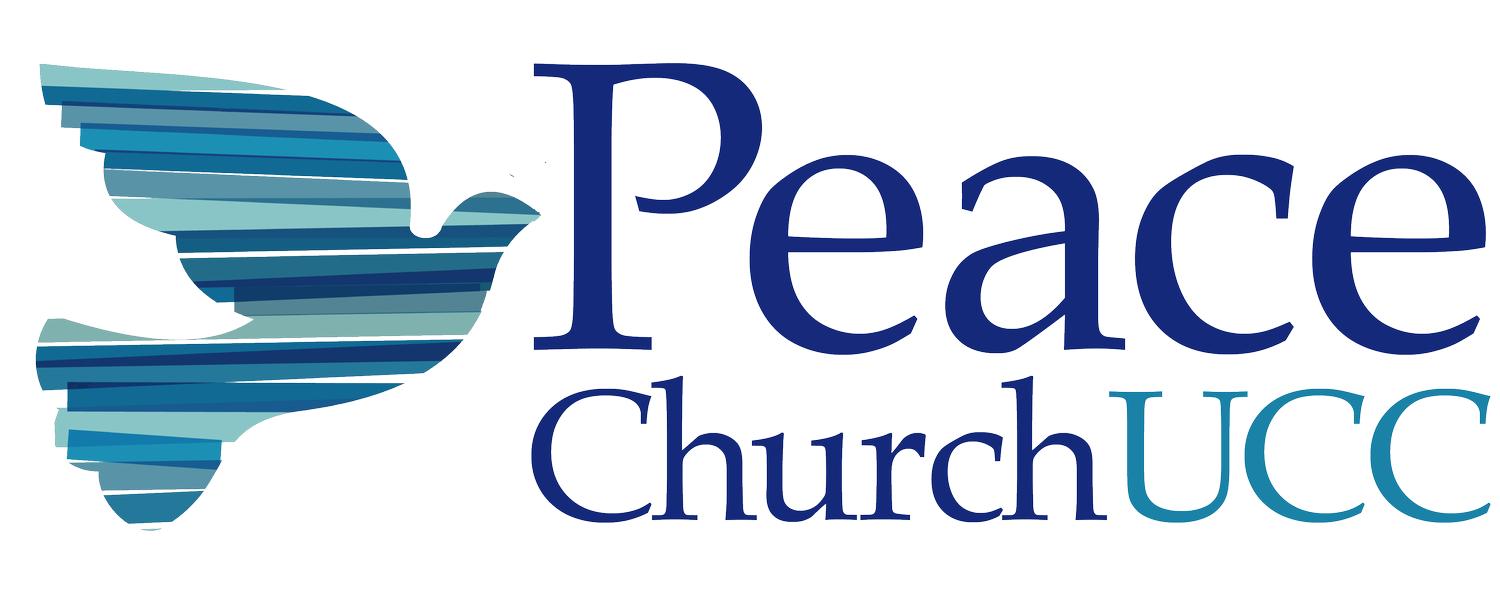Homo Sapiens
One afternoon this week while walking through the Paris Metro, I began to think about the core nature of our species. What are we, and what have we evolved to do most fundamentally? What beyond eating and ensuring the future of our species is most fundamental to our animal nature? Love.
Love is that complex mess of emotions which complicates the rest of our nature. Love is what blinds us to our faults and awakens us to the beauty in others. But other animals can love, so what can we do that is particular to our species?
I believe our ability to aspire and to hope is what moves us towards this human distinction. True, other animals can dream, yet we take our dreams and change our waking lives to better fit those things we aspire to be and to do. On this Saturday afternoon while wandering around Paris, I decided to walk from Notre-Dame up the Seine to the Jardin des Plantes and spend some time there. Yet while walking along the left bank of the river, I found myself day-dreaming a truly beautiful aspiration. For those 25 minutes that I walked between Île de la Cité and the Jardin des Plantes, I felt exuberant. I’ve had dreams like this before, both while sleeping and while letting my mind wander during my waking moments. These are dreams that are so visceral that they become a near-reality for the moments that I imagine them and remain as treasured memories long after they've finished.
To dream like that requires the knowledge whence we can build that imaginary world from our knowledge which over many generations we and our ancestors have advanced through our technical innovations. Among the homonidae, our taxon is Homo sapiens, the wise human in Linnaeus's Systema Naturae. Yet the French philosopher Henri Bergson argued in his book Created Evolution that we ought to also consider ourselves as Homo faber, the maker human. Who are we, and what can we make of ourselves? I will leave you with these questions.
Oh Lord, thank you for the mystery of our nature. Amen.
Seán Kane is a Ph.D. Candidate in History at Binghamton University in Upstate New York living back at home in Kansas City, Missouri. His dissertation is now titled "André Thevet's Brazil in Sixteenth-Century Natural History." He is striving to make a name for himself as an up-and-coming historian of French Renaissance zoology and is editing his translation of Thevet's 1557 book Les Singularitez de la France Antarctique. He also writes The Wednesday Blog which comes out weekly, and occasionally comes up with good quotable lines.
